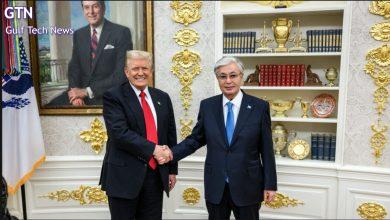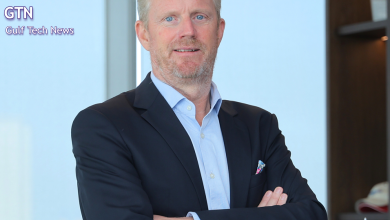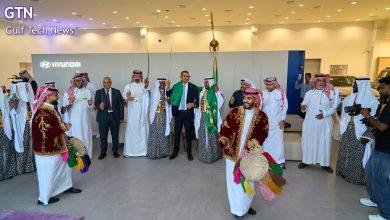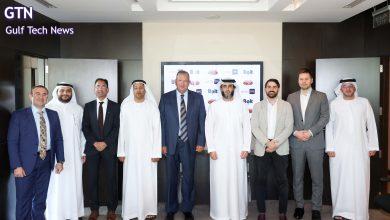UAE Retail Sector Booms as Malls Evolve into Experiential Hubs
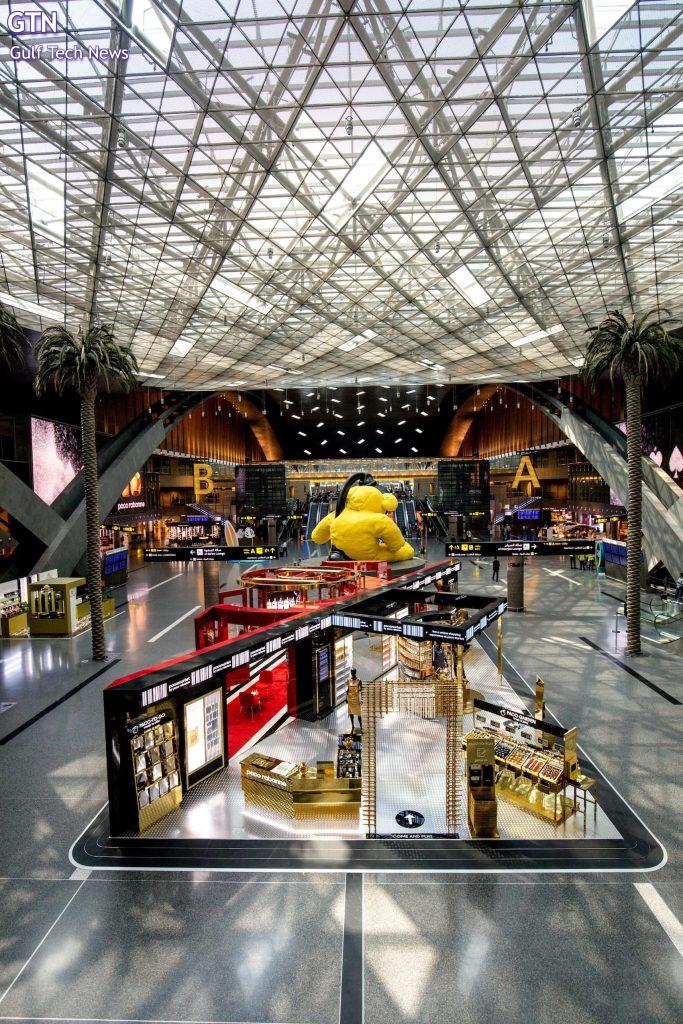
- UAE retail growth is driven by demand for immersive and experience-focused environments
- 2025 has seen an 88.5% increase of expats migrating to the UAE
- Fit-out experts like Abra are enabling this shift through adaptable and sustainable design solutions
Global consumer habits have shifted due to the convenience of online shopping. However, while many countries are seeing fewer populated shopping malls, the Middle East retail spaces are still driving excitement for consumers.[1]
This growth is reinforced by a recent report, which shows that the overall UAE retail industry is projected to grow at a compounded annual growth rate (CAGR) of 5.4% through 2028, supported by increasing demand for experiential retail that goes beyond product purchasing.[2] Reflecting the change in consumer behavior and a new generation of shoppers who now seek integrated environments where dining, leisure, wellness, and social interaction come together under one roof.
Mall experiences across the region have migrated from traditional brick & mortar retail to experiential offerings. As malls become more complex and multifaceted, the interiors of retail spaces now need to do much more than look attractive.
They must create atmospheres that engage visitors emotionally, offer flexibility for changing retail concepts, and seamlessly incorporate technology for enhanced interaction. This has been integrated due to consumer preferences with nearly 71% of consumers incorporating digital features into their shopping experiences and nearly half (43%) of all consumers doing so to improve their in-store shopping experiences[3].
As of 2025, the UAE has witnessed an 88.5%[4] increase in the number of expats migrating, with a significant proportion being families seeking enhanced lifestyle experiences[5]. The retail industry has pivoted towards creating immersive experiences, particularly within indoor environments; positioning malls as ideal destinations to deliver these enhanced consumer engagements.
Beyond creating these attractions for the residents, the UAE has become a family holiday destination. In 2024, Dubai welcomed 18.72 million international visitors, a 9.15% increase from the previous year[6].
While creating these hubs, the UAE wants to closely embody its vision for sustainable practices, aligning with national goals like the UAE’s Net Zero 2050 initiative, which encourages developers and fit-out specialists to seek out eco-friendly materials and energy-efficient solutions that don’t compromise on quality or design[7] One shift towards sustainable living is offering everything from fitness studios and wellness clinics to co-working lounges and event programming in these small hubs.
Newer communities are developing every so often, like Dubai Hills and Nad Al Sheba[8]creating sustainable neighborhoods where residents can avoid traffic and enjoy the UAE’s vision of integrated urban living, exemplified by the ‘15-minute city’ concept, which aims to ensure that residents have easy access to all essential services within a short distance[9].
This transformation plays a vital role by serving as multifunctional hubs that complement schools, hospitals, parks, and residential areas – supporting not only convenience but also the social fabric of these neighborhoods. Therefore, the demands placed on its design and fit-out have evolved significantly and especially where fit-out companies like Abra can make a meaningful difference.
The UAE is adapting retail in the region to fit the new consumption habits, and luxury fit-out companies are supporting the creation of designs with digital integration and experiential elements while meeting the standards of performance and durability demanded by high-end brands.
Abra’s expertise includes creating interiors that balance modern luxury, ensuring that furniture and finishes respect both the brand identity and the cultural context of the UAE. Their work often involves collaborating with luxury brands and incorporating sustainable design elements that can evolve with retail trends and seasonal activations, allowing them to longlist and adapt to the nature of today’s consumer experiences.
In the evolving retail industry, success is more than a space, but rather how the concepts connect and adapt as the consumer preferences shift.


